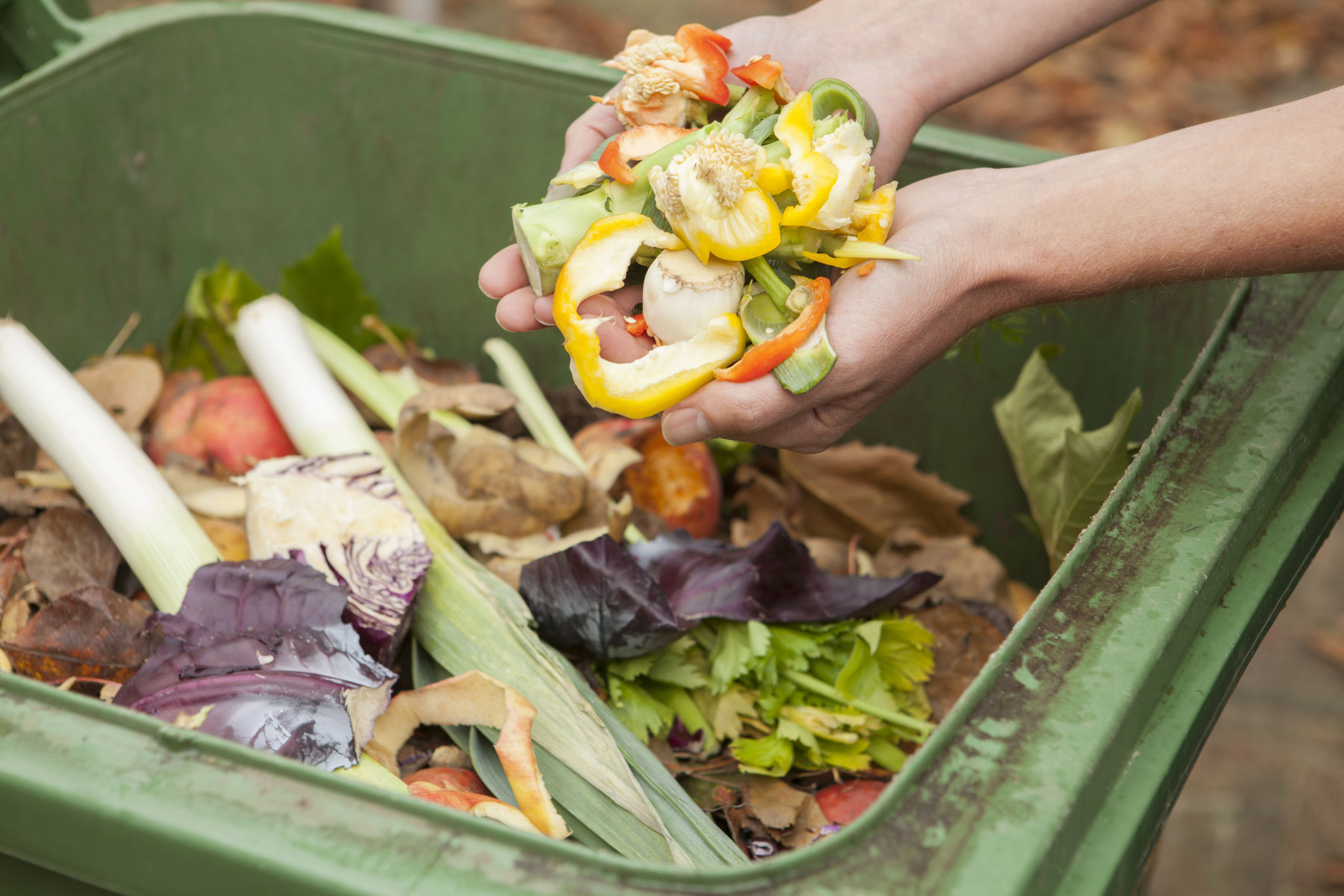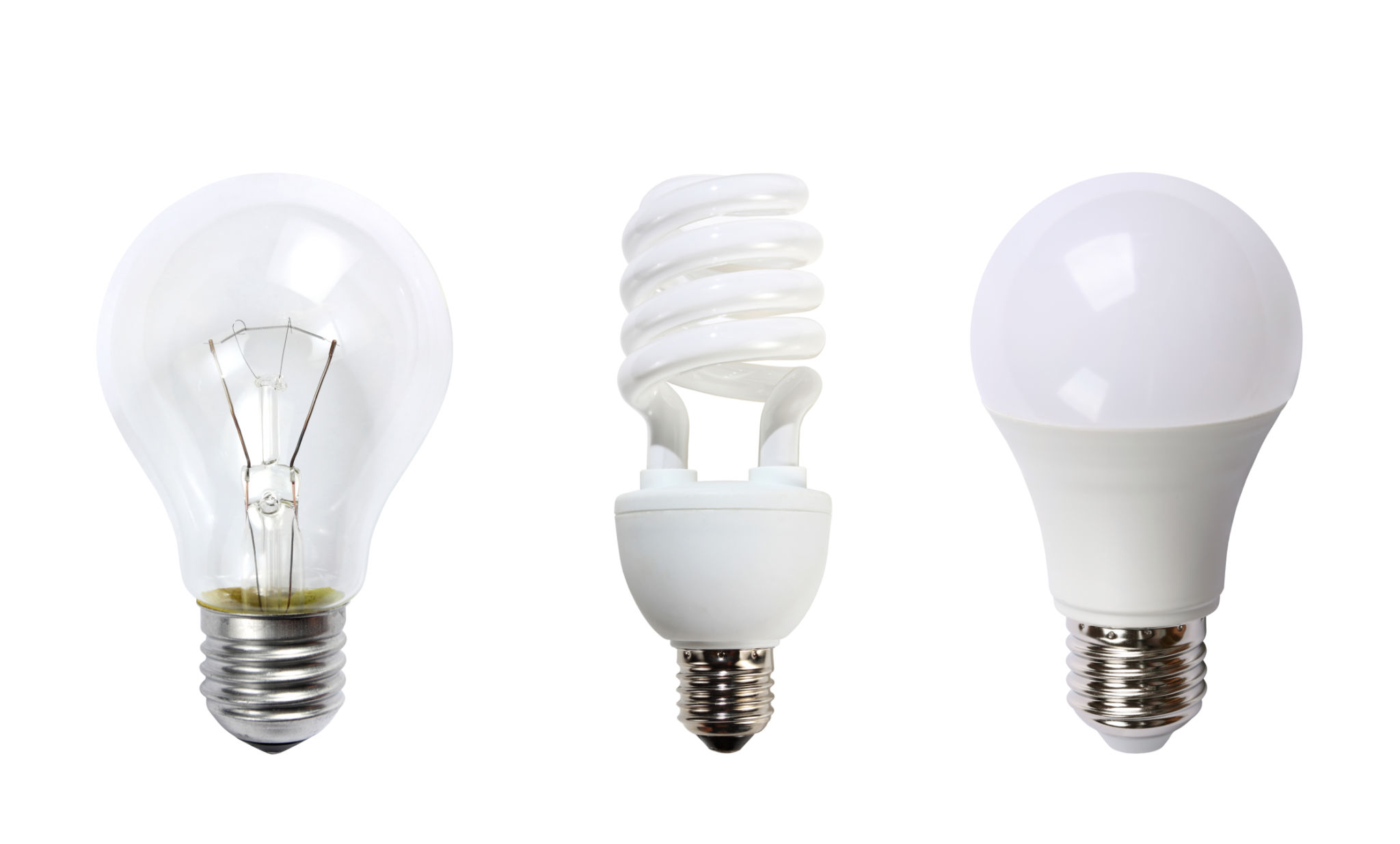Eco-Friendly Cleaning Tips for a Sustainable Home in Naples
Embrace Natural Cleaning Products
Transitioning to eco-friendly cleaning products is a significant step towards a sustainable home in Naples. Instead of chemical-laden cleaners, opt for natural alternatives like vinegar, baking soda, and lemon juice. These ingredients are not only effective at disinfecting and cleaning but are also safe for your family and the environment.

For instance, a simple solution of vinegar and water can be used to clean windows and mirrors, while baking soda works wonders on stubborn stains and odors. By choosing natural products, you're reducing harmful chemical exposure and supporting a healthier planet.
Reduce, Reuse, Recycle
Implementing a robust recycling routine is crucial for maintaining a sustainable home. Naples offers numerous recycling facilities, making it easier to dispose of recyclable materials properly. Start by setting up clearly labeled recycling bins in your home to sort paper, plastics, and metals.

Additionally, consider reusing items before discarding them. Glass jars, for example, can be repurposed as storage containers or vases. This not only reduces waste but also encourages creativity and resourcefulness in your household.
Compost Organic Waste
Composting is an excellent way to reduce your household waste and create nutrient-rich soil for your garden. Collect organic waste like fruit peels, vegetable scraps, and coffee grounds in a designated compost bin. Over time, these materials will break down into compost that can be used to nourish plants and gardens, reducing the need for chemical fertilizers.

Conserve Water
Water conservation is an essential aspect of sustainable living, particularly in a city like Naples. Simple changes like fixing leaks promptly, installing low-flow faucets and showerheads, and using rain barrels to collect rainwater can make a significant difference in your water usage.
Furthermore, consider using water-efficient appliances such as dishwashers and washing machines. These appliances are designed to use less water while maintaining their cleaning efficiency.
Energy-Efficient Practices
Reducing energy consumption is another vital component of an eco-friendly home. Switch to LED light bulbs, which use less energy and last longer than traditional bulbs. Unplug electronics when not in use to prevent energy wastage through "phantom load," which occurs when devices draw power even when turned off.

Another effective strategy is to utilize natural light whenever possible. Open curtains and blinds during the day to illuminate your space without relying on artificial lighting.
Choose Sustainable Materials
When it comes to home furnishings and decor, prioritize sustainable materials. Opt for furniture made from reclaimed wood or bamboo, as these options are both durable and environmentally friendly. Similarly, select textiles made from organic cotton or recycled materials.
By choosing sustainable materials, you're not only reducing your environmental footprint but also supporting businesses that prioritize ethical and sustainable production practices.